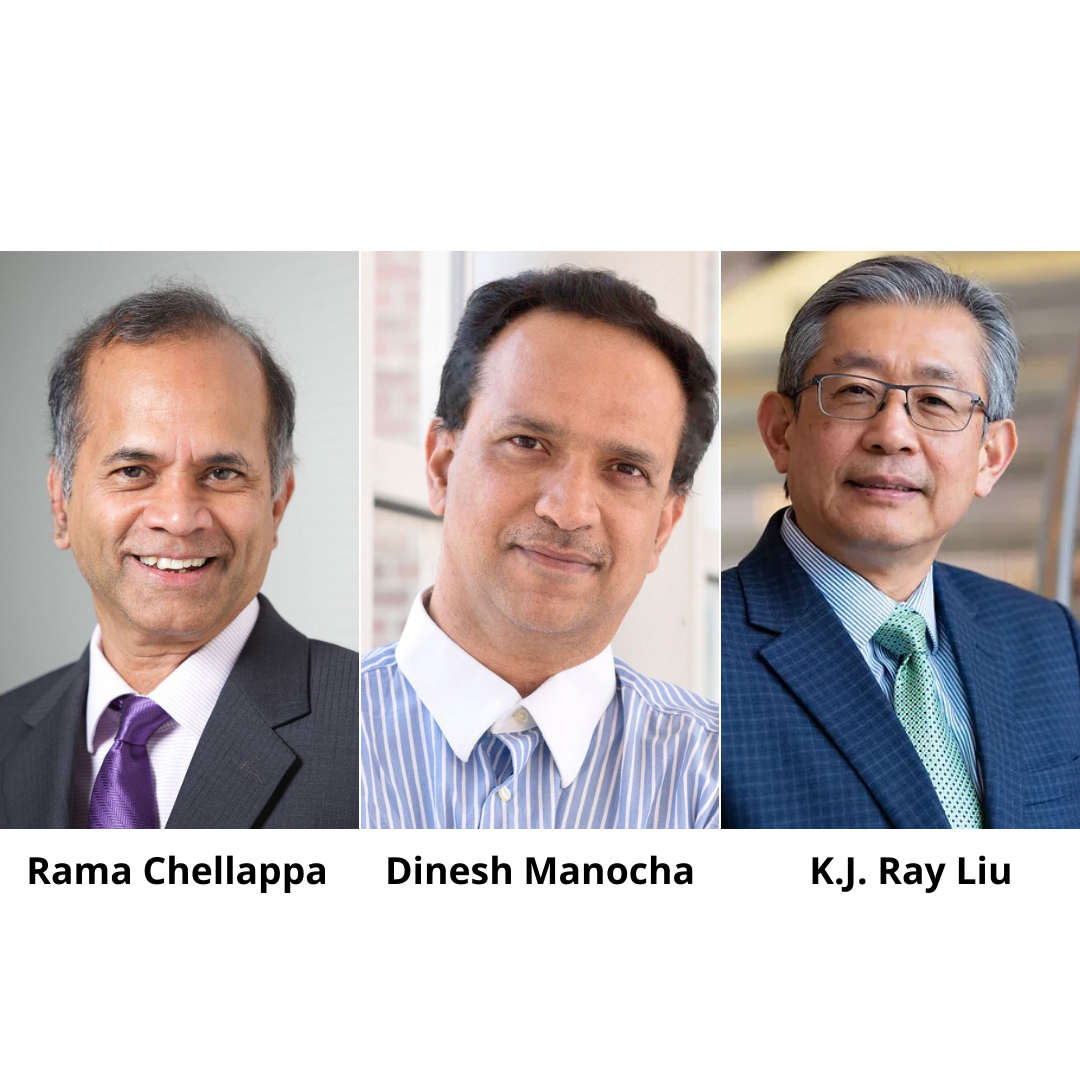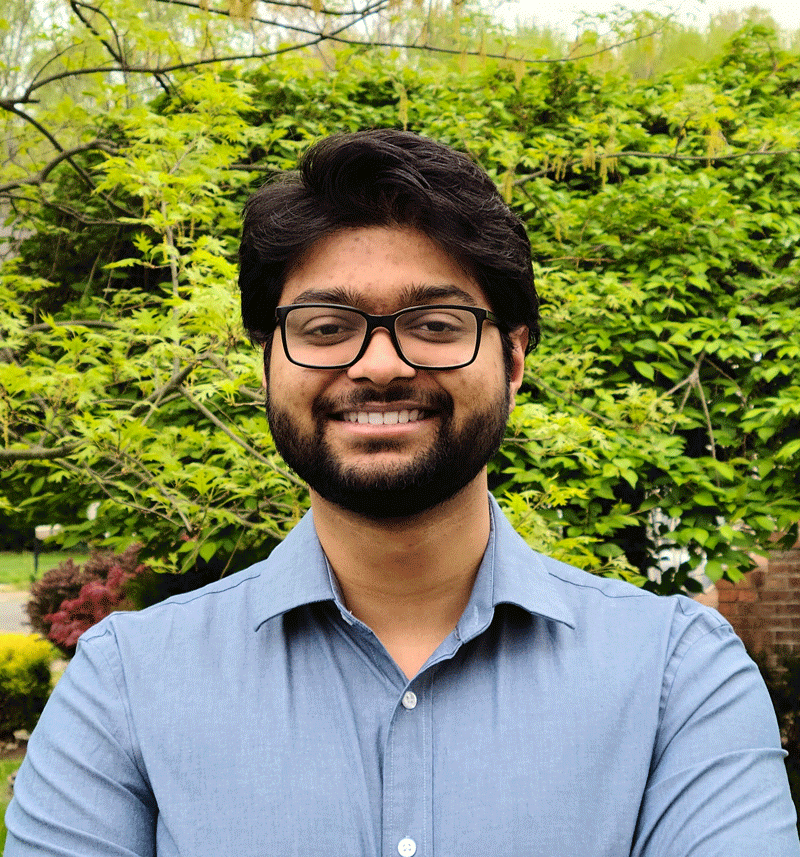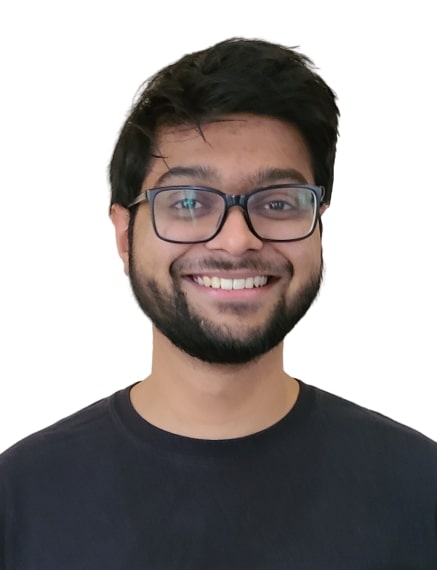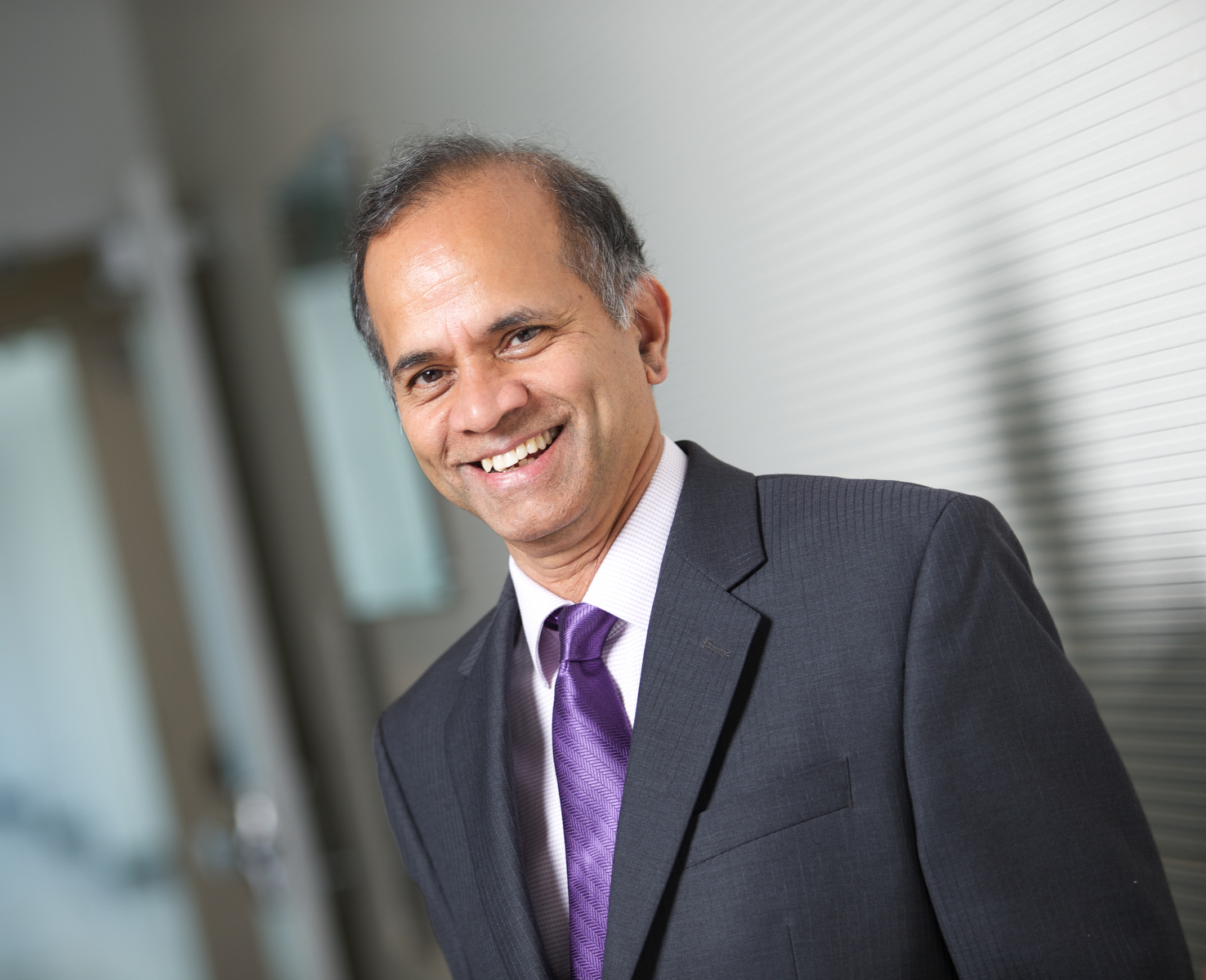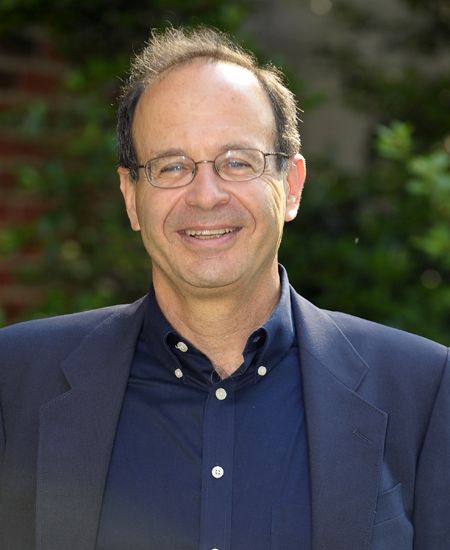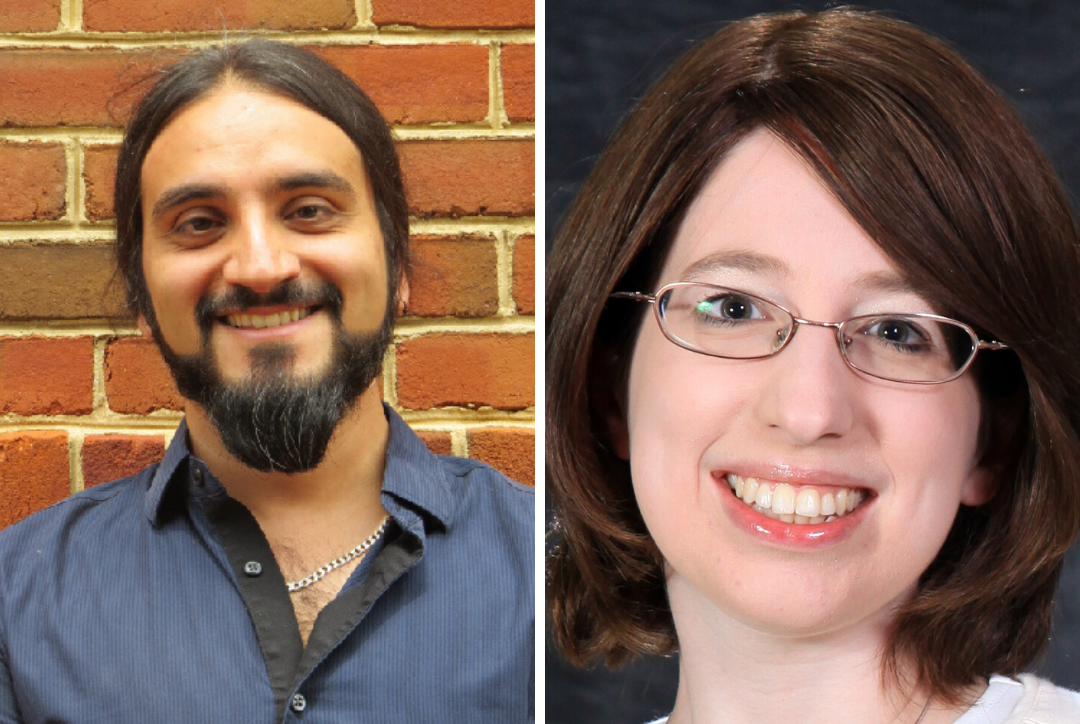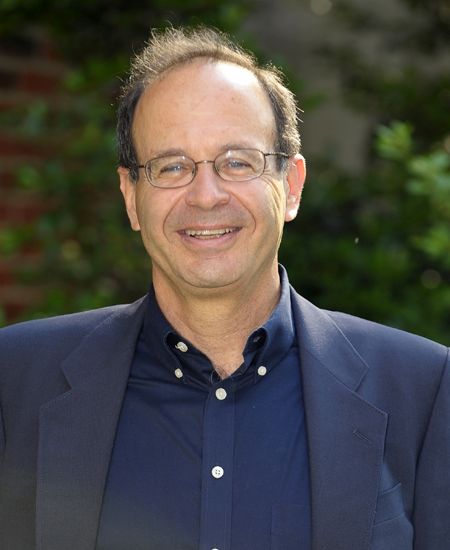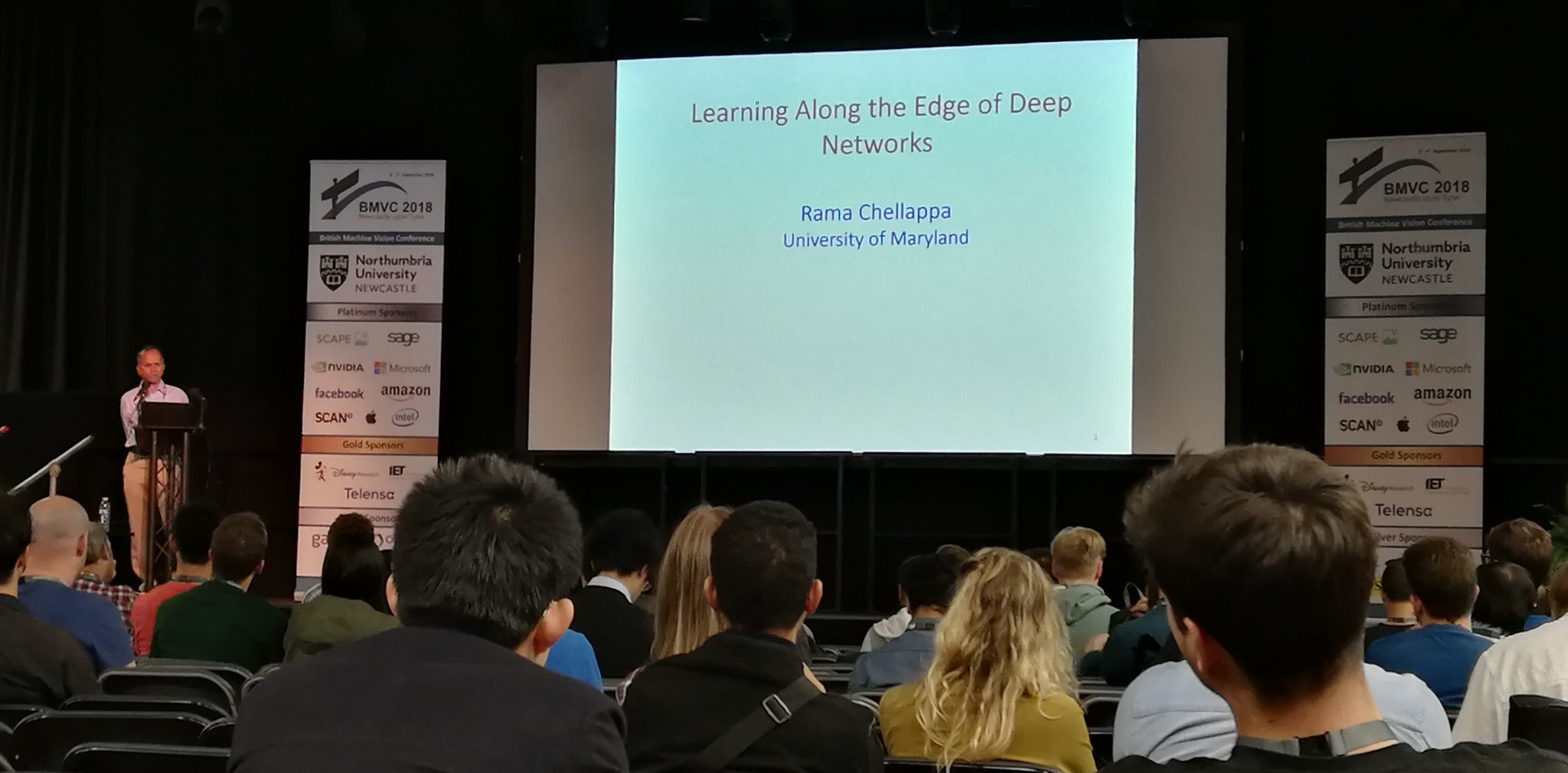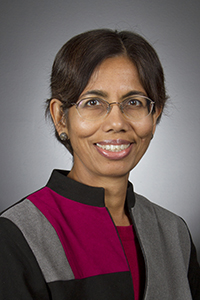News Story
Qu Leads Workshop on Security for the Internet of Things
Gang Qu, a professor of electrical and computer engineering with an appointment in the Maryland Cybersecurity Center (MC2), recently organized a workshop on cryptography and hardware security for the Internet of Things (IoT).
The workshop, held from Oct. 8–9 at UMD, focused on identifying and addressing both the short-term and long-term challenges related to the emerging IoT— the network of physical objects or "things" embedded with electronics, software, sensors, and network connectivity, which enables these objects to collect and exchange data—with a focus on security and privacy issues and whether they can be addressed by newly proposed lightweight cryptography and hardware-security solutions.
“Although there are numerous opportunities that come with the IoT, security and privacy are a serious concern not always addressed by current techniques,” says Qu, who also holds an appointment in the Institute for Systems Research. “For example, existing cryptosystems cannot always be implemented on these extremely resource-constrained devices.”
The workshop featured 23 presentations and three sessions of group discussion.
Participants were interested in questions like how to formalize security, privacy, and attacks in IoT; what is the minimal root of trust needed to be put in IoT devices; how secure and trusted components become vulnerable and dangerous when they are connected; and what security solutions are available for heterogeneous systems.
“Another goal was to boost collaboration between researchers around the world in the field of IoT security,” says Qu, who served as chair of the event. “The workshop went really well—people networked, made new connections and learned some important problems and solutions related to IoT security.”
He says more than 60 people attended the workshop, including participants from academia, industry, and the U.S. government. There were also attendees from seven countries in Europe and Asia.
The workshop was sponsored by the U.S. Army Research Office. Other co-organizers included professors Jonathan Katz (UMD computer science and MC2 director), Farinaz Koushanfar (Rice University), and Ahmad-Reza Sadeghi (TU Darmstadt, Germany).
Published November 23, 2015
